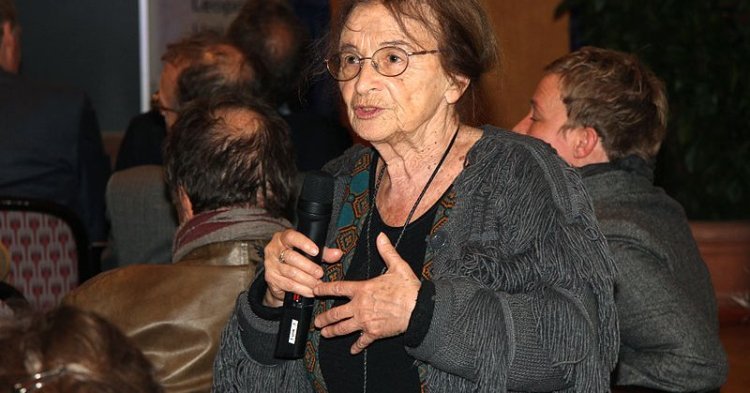Born in a Jewish family in Budapest, the philosopher Ágnes Heller was only 15 years old when her father, who had been trying to help others escape from Nazi-occuped Hungary, died in Auschwitz. The following months were dreadful for her, as she waited in Budapest with her mother, expecting to be executed. Miraculously, this never happened – but the scar of her experience never faded, and Heller would spend much of the rest of her life trying to decode the tragedies of the 20th century.
Heller, who passed away this past year at the age of 90, lived not only through the Holocaust but through the subsequent Soviet takeover of Hungary. At first a committed Zionist, she decided against travelling to Palestine, instead enrolling at the University of Budapest in the late 1940s, where she fell in with the brilliant but controversial György Lukács. There, she became a Marxist who, in her own words, was “hostile to Hungarian communism”. After the Soviet Union quashed the Hungarian uprising of 1956, Heller turned inward, realizing she wanted to see a new, more humanistic strain of Marxism. For her participation in the Revolution, Heller was sacked from her university post, ousted from the Hungarian Communist Party, and banned from conducting any more research until the early 1960s. By that time, she had begun to work more closely with Lukács and other philosophers (including her future husband, Ferenc Fehér), who shared her interest in a reformed socialism.
These figures eventually formed a “Budapest School” of intellectual dissidents. Yet the members of the school continued to face political persecution, and in 1977, Heller and her husband went into exile, first in Australia, then in America. By this time, Heller had entirely lost her faith in Marxism-Leninism, but remained profoundly interested in questions of politics, ethics, and history. Her sense of independence and her deep commitment to freedom led her to continue to speak out against dangerous, intolerant regimes around the world, including the FIDESZ-led government of Hungary.
She died in Hungary in July 2019.


Follow the comments: |
|
